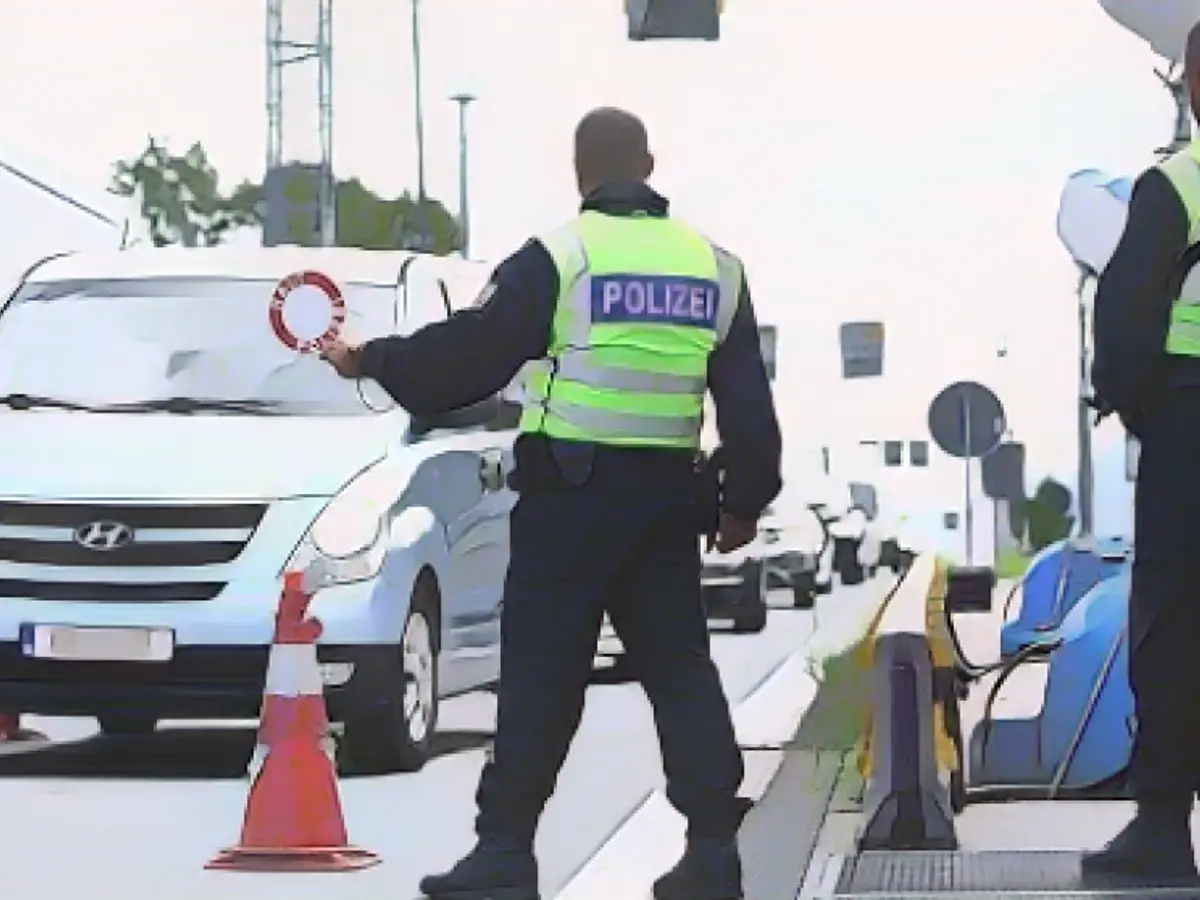Title: More Refugees Being Returned in Bavaria: What's Behind the Rise in Deportations?
In Munich, the Police have sent back over 8,100 refugees by the end of September. One in four irregular refugees discovered in Bavaria during this period was returned, according to the Munich Federal Police Directorate.
This number is considerably higher compared to the same period last year when about 58% of migrants with questionable intentions were sent back. However, the spokesperson from the Federal Police Directorate explained that the percentage varies due to several factors.
Factors influencing migrant returns
The decision to return migrants depends on how convincingly they can demonstrate their intention to seek protection in Germany as asylum seekers. Migrants unable to prove this may face deportation or turning back at the border, such as at the Austria or Czech Republic borders or Munich Airport.
Various core elements influence the rate of migrant returns in Bavaria.
- Voluntary Return Programs Germany has introduced voluntary return programs to help migrants return to their homeland. For instance, the REAG/GARP return program supports Afghan migrants by covering their travel expenses, which has encouraged more than 1,000 Afghan refugees to return voluntarily.
- Security Concerns Security concerns in Afghanistan also play a significant role in deterring migrants from seeking asylum in Germany. Many migrants, like Arian, have realized that their lives were not at risk back home and consequently returned.
- Asylum Processing Delays Delays in the asylum processing system have led to prolonged uncertainty for many migrants. This uncertainty can push migrants to choose to return to their homelands rather than being stuck in a prolonged limbo.
- Political Climate and Public Opinion The political climate in Germany, influenced by the rise of anti-immigration parties like the Alternative for Germany, may influence migrants' integration and could encourage them to return to their home countries.
- Economic Factors Economic struggles faced by migrants can also impact their decision to return. Job opportunities and financial difficulties can make life in Germany less appealing, causing some migrants to return to their home countries.
The rise in refugee numbers
Bavaria saw a rise in migrants apprehended without entry permits between January and September 2022, from around 19,000 to 22,400 in the same period this year. Turkish, Syrian, and Afghan refugees continue to make up the majority of affected individuals, exacerbating the refugee crisis in Bavaria.
In conclusion, the continuous influx of refugees and the subsequent rise in deportations in Bavaria is affected by various factors. A comprehensive understanding of these factors can provide insights into the evolution of refugee policies and the changing dynamics of migrant returns in Germany.
Reference:
Enrichment Data:
- Voluntary Return Programs - Germany has implemented voluntary return programs, like the REAG/GARP return program, which provides travel expenses for migrants willing to return home.
- Security Concerns - Uncertainty in security situations, such as in Afghanistan, can contribute to increased returns.
- Asylum Processing Delays - Prolonged asylum processing times can motivate migrants to opt for voluntary returns.
- Political Climate and Public Opinion - Developing public opinion and political climate have been key factors driving immigrant integration conditions and returns.
- Economic Factors - Difficulties in securing stable employment and financial struggles can influence migrant decisions to return.








